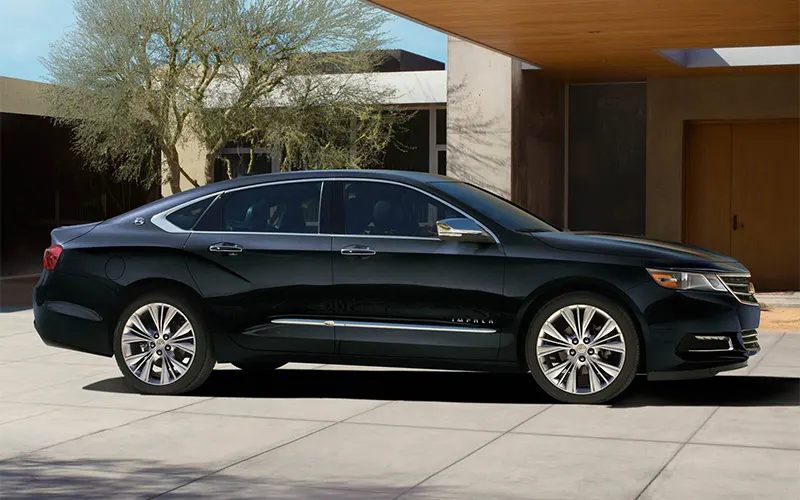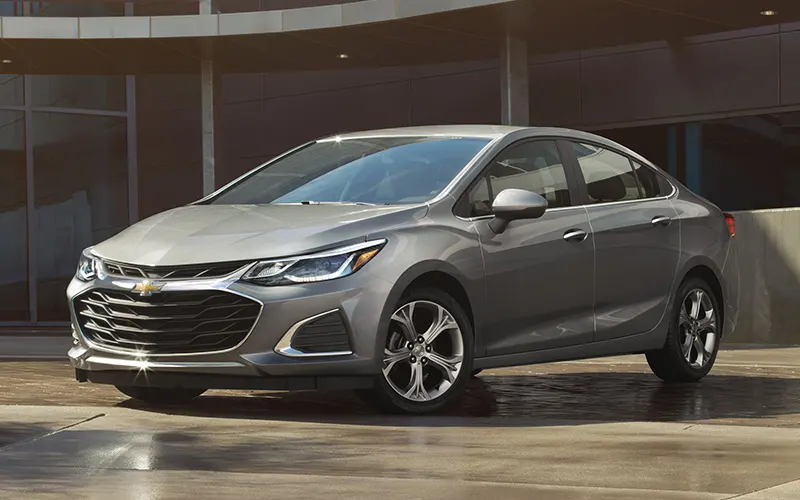
It is a pain many of us have felt, a vehicle we’ve always liked and wanted getting axed by its manufacturer. And then maybe you find one used for sale, or you decide to buy one just as the manufacturer announces that the current year’s model will be the last. The question of whether or not to buy a discontinued model can sometimes be a little complicated, but in most cases, it’s not anything to worry about. Let’s take a look at what factors go into this decision.

Can You Get Parts For A Discontinued Car?
This is usually the primary concern that people have when it comes to buying a discontinued car. It’s a reasonable worry, but it’s actually nothing to worry about. Manufacturers are legally obligated to continue manufacturing parts for any vehicle they sell for a period of at least 10 years. On top of this, manufacturers will often choose to extend this period. This is especially true for high-volume selling vehicles, as all those vehicles remaining on the road maintain a strong market for repair and maintenance parts. There are also third-party manufacturers that make aftermarket parts for discontinued vehicles. These will sometimes void your warranty if you use them while the vehicle is still relatively new, but if you’re past the window where the manufacturer is making parts, you’re pretty likely to be past the warranty period anyway.

Where Can I Get A Discontinued Vehicle Serviced?
This is similar to the parts question, but not entirely the same. If you bought a Cruze or an Impala, or any other discontinued model from a brand that’s still around, taking it back to the same dealership you bought it from is a pretty simple solution. But sometimes whole brands get shuttered, like Pontiac and Oldsmobile were. You wouldn’t be able to take it back to the Pontiac dealership, because there isn’t a Pontiac dealership anymore. But in this case, those brands were removed by a parent company that is still around. So if you bought one of the last Pontiacs, it was easy to get it serviced at dealerships carrying other GM brands. Often, the manufacturer will put out a statement instructing owners on what to do, and a quick internet search will get you all the answers you need. A more complicated situation would be what to do if you bought a vehicle from a company that no longer exists. The most recent example of this would be Saab. Fortunately, this doesn’t happen too often, but in this case – your choices will be limited to the aftermarket manufacturers after the 10-year period that the manufacturer is required to continue supplying parts.

Do Discontinued Cars Gain Value?
There is no simple answer to this question, but there are a few things that you can consider if you’re looking for a discontinued model as an investment. First, any vehicle that you use as a daily driver is definitely going to lose value. Even especially rare models or variants are going to lose value from dents and scratches, not to mention high mileage. This brings us to our next point, rarity will impact value, but not always as much as you’d think. You might be in possession of one of the only low-milage final-year Cavaliers, but a Corvette from the same year will appreciate in value faster, even though they still make Corvettes. That’s because aspirational cars are always what collectors go for first. And this brings us to our final point, any collectors’ vehicle, even a rare/discontinued/exciting one, will take a while to actually appreciate in value. Some will take longer than others, even a daily-driven Cavalier will probably be worth something eventually, it’ll just be your great-grandkids who get to enjoy the fruits of that investment. But generally speaking, age, rarity, and an ability to excite are all interrelated factors to consider.


